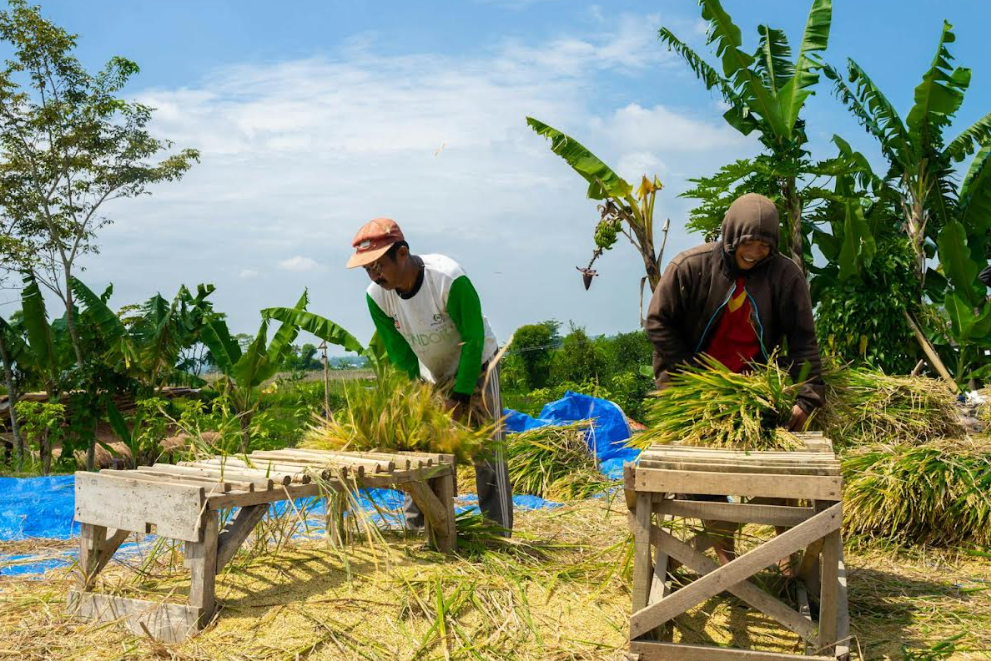The need to create innovative financing mechanisms for Africa’s farmers and revaluate existing ones is becoming increasingly critical as the continent faces compounded challenges, including climate change, low productivity, and conflict.
This was highlighted during a session at the recent 10th African Regional Forum on Sustainable Development (ARFSD), where the industry called on policymakers to assess the needs of farmers and enhance access to funding if they expect Africa to meet the Malabo Commitment to end hunger by 2025, or the Sustainable Development Goals (SDGs) by 2030. Collaborative efforts, private sector engagement and strategic partnerships were identified as key to making an impact and advancing these goals.
The agricultural sector is the economic backbone of Africa, where an estimated 33 million smallholder farms and the farmers who live on them contribute to 70% of the continent’s food supply. Africa produces all the principal grains and other diverse crops, including rubber and cocoa in the tropical regions; soya and sorghum on the plateaus; tea, coffee, and flowers in the high-altitude areas; as well as Mediterranean crops.
However, climate phenomena such as El Niño and increasing extreme weather events, due to climate change, such as tropical cyclones, floods and droughts, are decimating crops, and the resilience of the land and its ability to adapt are being pushed to their limits. Meanwhile, the demands on this vital resource are reaching critical thresholds.
Climate change also modifies the properties of soil, both chemically and physically leading to land degradation. Soils become less fertile, lowering crop yields and this impacts on agricultural production. Land degradation is already a major issue in Africa, due to poor soil health, and this is threatening the foundation of its citizens’ livelihoods – because they cannot afford to mitigate it.
The president of the African agricultural transformation institution, AGRA, Dr Agnes Kalibata, estimates that land degradation costs farmers up to $1,400 per year. According to the global research partnership CGIAR, 65% (494 million hectares) of Africa’s soil is currently degraded. Eighty-three percent of sub-Saharan Africans rely on this land for their livelihood. As a result, yield gaps on the continent are wide, ranging from as little as 2% to over 50%.
Substantial investment in Africa’s agricultural sector is needed, however, the visible impacts of climate change have caused investors to be wary. Other funding impediments include default risks and political risks. Giving farmers access to the right financial resources to address land degradation and climate change challenges would result in more progress being made towards achieving the objectives of the African Union Agenda 2063, which include the transformation of African agriculture
and food security.

